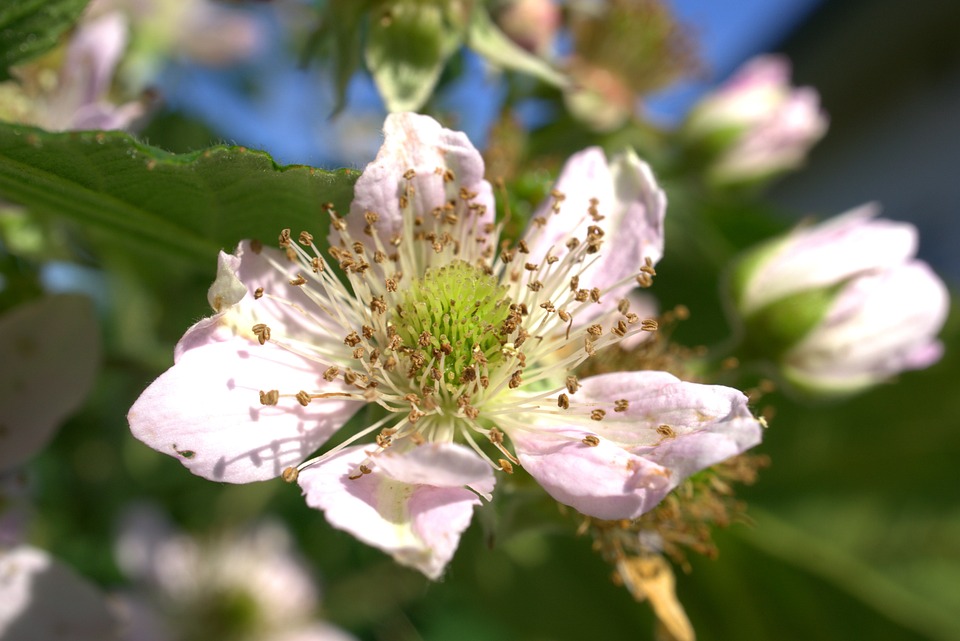Introduction
As concerns about food security and environmental sustainability continue to rise, many individuals and communities are turning to edible gardens as a solution. These gardens, which consist of growing fruits, vegetables, and herbs, not only provide a source of fresh and nutritious food but also promote self-sufficiency and reduce our carbon footprint.
The Benefits of Edible Gardens
1. Food Security: By growing your food, you have direct control over its quality and availability. You can ensure that your produce is free from harmful pesticides and other chemicals. Additionally, edible gardens can mitigate the impact of disruptions in the food supply chain, such as natural disasters or economic crises.
2. Environmental Sustainability: Industrial agriculture often contributes to deforestation, water pollution, and greenhouse gas emissions. Edible gardens, on the other hand, promote sustainable practices. By reducing transportation and packaging needs, they minimize carbon emissions and plastic waste. Furthermore, practicing organic gardening methods can protect biodiversity and foster healthy ecosystems.
3. Health Benefits: Growing your food allows you to consume fresh, organic produce, significantly improving your diet and overall health. High in nutrients and free from harmful additives, homegrown fruits and vegetables are rich in flavor and goodness.
Creating Your Edible Garden
1. Location: Choose a sunny area with well-drained soil for your garden. Consider using raised beds or containers if space is limited.
2. Planning: Determine what crops you would like to grow, taking into account your climate, available space, and personal preferences. Research the planting seasons and specific care requirements for each variety.
3. Soil Preparation: Ensure your soil is healthy and fertile by adding compost or organic matter. This will provide essential nutrients and improve water retention.
4. Planting: Start by sowing seeds indoors and transplant them outdoors once they are strong enough. Follow spacing guidelines and provide adequate water and sunlight for optimal growth. Utilize companion planting techniques to enhance biodiversity and minimize pests.
5. Maintenance: Regularly water your garden, remove weeds, and protect plants from pests and diseases. Apply organic fertilizers as needed and prune plants for better yields.
6. Harvesting: Enjoy the fruits of your labor by harvesting ripe produce. This ensures maximum freshness and flavor. Preserve excess produce through canning, freezing, or sharing with neighbors.
Tips for Success
1. Start small: It’s better to begin with a small garden and expand over time as you gain experience and confidence.
2. Learn from others: Join local gardening groups, attend workshops, or seek advice from experienced gardeners. Their knowledge and insights will prove invaluable to your gardening journey.
3. Embrace experimentation: Gardening is a dynamic process, and not all your attempts will be successful. Learn from failures and adapt your approaches accordingly.
4. Practice sustainable techniques: Use natural pest control methods, conserve water, and recycle organic materials to maintain the ecological balance in your garden.
5. Involve the whole family: Gardening is a rewarding activity that can bring families together. Encourage children to participate, teaching them about nature, responsibility, and healthy eating habits.
FAQs
Is gardening suitable for urban areas with limited space?
Yes, urban gardening is possible even with limited space. Consider vertical gardening, container gardening, or community gardens in your area.
What if I have no gardening experience?
Starting a garden without experience is completely fine. Start with easy-to-grow plants and seek guidance from local resources or online tutorials.
How much time does gardening require?
The time commitment varies depending on the size and complexity of your garden. However, allocating a few hours per week for maintenance should be sufficient for most home gardens.
Can I garden without using harmful chemicals?
Absolutely! There are many organic and natural alternatives to chemical pesticides and fertilizers. Utilize companion planting, good soil management, and biological controls to promote a healthy garden without toxins.
Are there any financial benefits to gardening?
Gardening can help you save money on grocery bills, especially when the produce is in season. Additionally, by growing your food, you reduce your reliance on expensive store-bought options.
How can I deal with pests in my garden?
There are numerous eco-friendly pest control methods you can employ, including companion planting, pest-deterring plants, physical barriers, and organic sprays made from natural ingredients.




